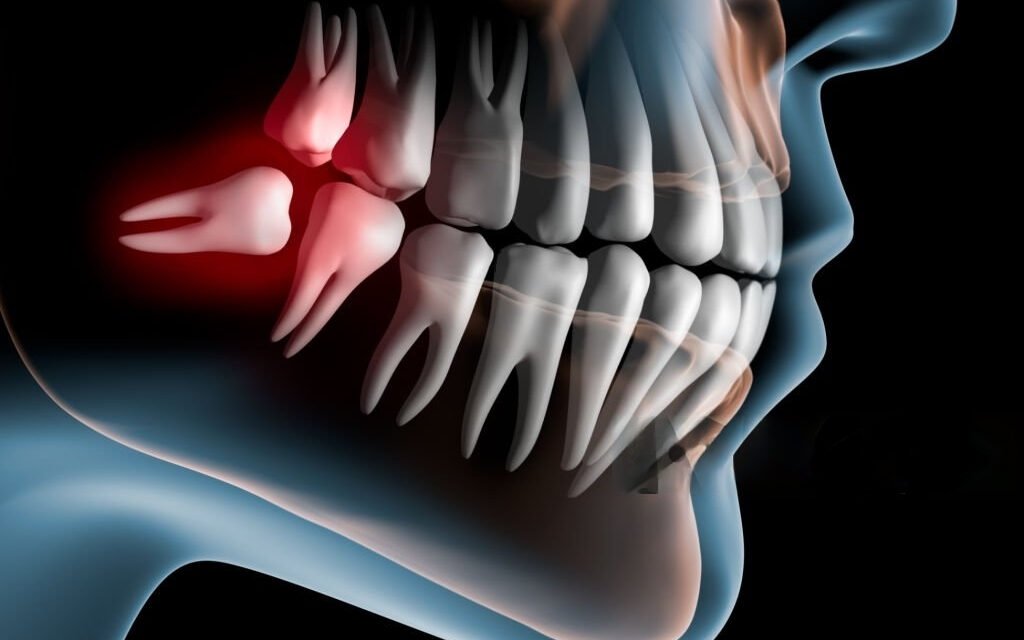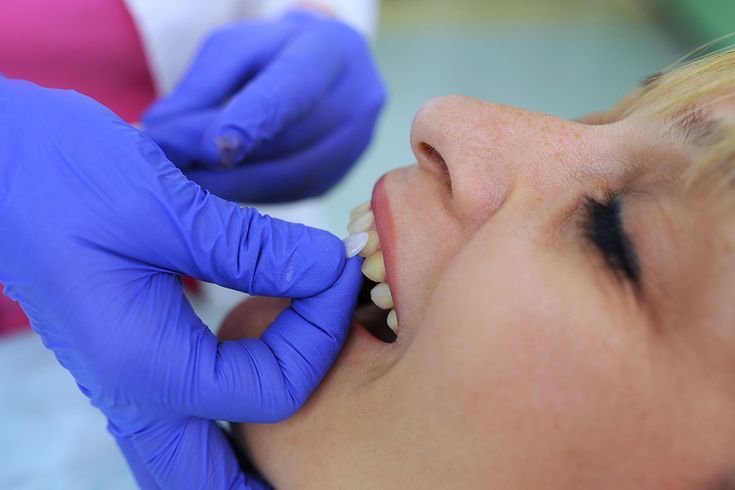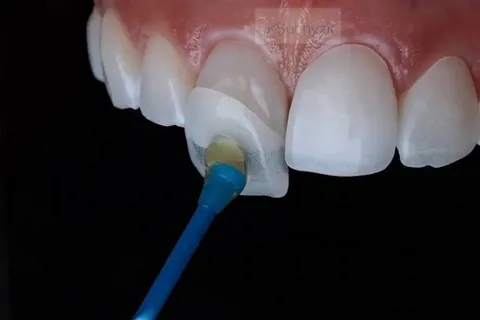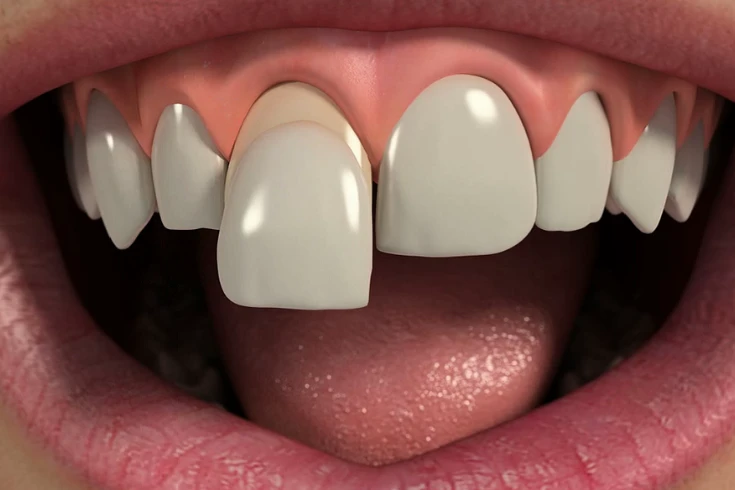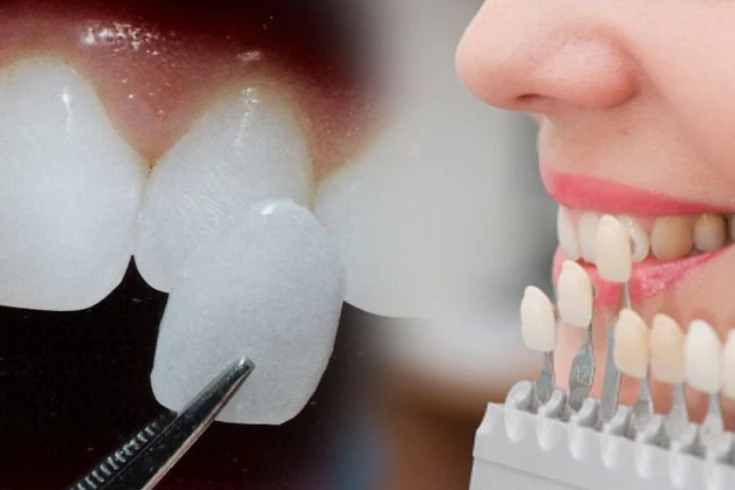Are you searching for things like “after care for wisdom teeth removal” or “things you can t do after wisdom teeth removal” Wisdom tooth extraction is a common dental procedure that many people undergo, typically during their late teens or early twenties. Proper wisdom tooth removal after care is crucial to ensuring a smooth and swift recovery. This comprehensive guide will provide you with essential tips for post wisdom tooth extraction care, highlight the things you can’t do after wisdom teeth removal, and offer wisdom teeth recovery tips to help you heal quickly and effectively.
Essential Tips for Wisdom Tooth Removal After Care
After undergoing wisdom tooth extraction, it’s important to follow a detailed wisdom tooth removal after care to promote healing and prevent complications. Here are some key aspects of wisdom tooth removal after care:
Immediate Care
- Gauze Pads: Bite gently on the gauze pad placed by your dentist to help control bleeding. Change the gauze every 30 to 45 minutes until the bleeding stops. If bleeding continues for several hours, consult your dentist for further advice.
- Rest: Rest for the remainder of the day after your surgery. Avoid physical exertion for at least 24 hours to prevent dislodging the blood clot, which is essential for healing. Elevate your head with pillows while resting to minimize swelling.
Pain Management
- Medications: Take prescribed pain medications as directed. Over-the-counter pain relievers like ibuprofen can also help manage pain and reduce inflammation. Avoid aspirin as it can increase bleeding.
- Ice Packs: Apply ice packs to your cheeks for 15-20 minutes at a time during the first 24 hours to minimize swelling and alleviate pain. Wrap the ice pack in a cloth to prevent frostbite on your skin.
Oral Hygiene
- Rinsing: Avoid rinsing your mouth for the first 24 hours to allow blood clots to form at the extraction site. After the first day, gently rinse with warm salt water (one teaspoon of salt in a glass of warm water) several times a day, especially after meals, to keep the area clean.
- Brushing: Initially, brush your teeth carefully, avoiding the extraction sites. Do not use a toothbrush near the surgical area for the first few days to avoid irritation. Use a soft-bristled toothbrush and be gentle around the surgery site.
Diet and Hydration
- Soft Foods: Stick to a soft diet for the first few days. Good options include yogurt, applesauce, mashed potatoes, scrambled eggs, and smoothies. However, avoid hot, spicy, or acidic foods that can irritate the extraction site.
- Hydration: Additionally, drink plenty of fluids to stay hydrated, however, avoid using straws as the suction can dislodge the blood clot. Stick to water instead of carbonated drinks and alcohol.
Things You Can’t Do After Wisdom Teeth Removal
Adhering to the list of things you can’t do after wisdom teeth removal is essential for proper healing. Here are some crucial activities to avoid:
- Smoking: Smoking can delay healing and increase the risk of complications like dry socket, where the blood clot is dislodged, exposing the bone and nerves. Avoid smoking for at least 72 hours post-surgery, but ideally for a week or longer.
- Straws: Using straws can create suction that may dislodge the blood clot, leading to dry socket. Avoid using straws for at least a week to ensure the blood clot remains intact.
- Spitting: Vigorous spitting can disturb the extraction site and dislodge the clot. Let saliva naturally flow out of your mouth without force.
- Hard Foods: Avoid hard, crunchy, or chewy foods that can irritate the extraction site and impede healing. Stick to soft foods until you’re comfortable chewing normally again.
- Alcohol: Alcohol can interfere with the healing process and pain medications. Refrain from consuming alcohol for at least 24 hours after surgery, and ideally until you are fully healed.
- Physical Activity: Avoid strenuous physical activities and heavy lifting for at least 48 hours post-surgery. Physical exertion can increase blood pressure and lead to prolonged bleeding or swelling.
Post Wisdom Tooth Extraction Care: Promoting Healing
Ensuring proper post wisdom tooth extraction care is vital for a smooth recovery. Follow these guidelines to promote healing:
- Maintain a Soft Diet: For the first few days, eat soft foods that don’t require much chewing. Gradually reintroduce solid foods as you heal. Avoid seeds, nuts, and foods that can get lodged in the extraction site.
- Hydration: Drink plenty of fluids, but avoid carbonated or hot beverages. Hydration helps the healing process, but steer clear of using straws.
- Keep Your Head Elevated: Elevate your head with pillows when lying down to reduce swelling and promote clot formation. This also helps minimize the risk of bleeding.
Wisdom Teeth Removal Healing: Timeline and Expectations
The healing process after wisdom teeth removal varies from person to person. Here’s a general timeline for wisdom teeth removal healing:
- First 24 Hours: Swelling and mild bleeding are common. Moreover, pain and discomfort can be managed with prescribed medications and ice packs. Furthermore, it is important to rest and avoid any strenuous activities.
- First Week: Swelling typically peaks within the first 48-72 hours and gradually subsides. Continue following your wisdom tooth removal after care routine to prevent infection. You may experience some bruising on your cheeks or slight stiffness in your jaw.
- One to Two Weeks: Stitches, if used, are usually removed or they dissolve on their own. Most of the initial healing is completed, and discomfort should significantly decrease. You can start incorporating more solid foods into your diet.
- Full Recovery: During this healing process, it is important to follow any post-operative care instructions provided by your dentist. This may include avoiding certain foods or activities that could disrupt the healing process. Additionally, maintaining good oral hygiene will help prevent infection and promote proper healing. As you attend follow-up appointments, your dentist will monitor the progress of the healing and address any concerns that may arise. Therefore, with time and proper care, the extraction sites will fully heal and the gum tissue will return to its normal state.
Find the best wisdom tooth extraction services here – Oral Surgery Services.
Wisdom Teeth Recovery Tips: Speeding Up the Process
Implementing wisdom teeth recovery tips can help speed up the healing process and minimize discomfort. Here are some effective strategies:
- Stay Consistent with Aftercare: Adhere strictly to your dentist’s aftercare instructions to avoid complications. Furthermore, consistent care is key to a smooth recovery.
- Avoid Physical Activity: Limit physical activities and strenuous exercises for the first few days to prevent bleeding and swelling. Therefore, resume your regular activities as you feel comfortable.
- Use Medications Wisely: Take pain medications as prescribed and avoid skipping doses to manage pain effectively. Follow your dentist’s instructions regarding any antibiotics to prevent infection.
- Practice Good Oral Hygiene: Keep your mouth clean to prevent infection. Moreover, use gentle rinses and avoid disturbing the extraction site. Following the first 24 hours, rinsing with warm salt water can aid in healing.
- Eat Nutritious Foods: Consuming nutrient-rich foods can aid in the healing process. Incorporate soft fruits, vegetables, and protein-rich foods into your diet. Avoid foods that can irritate the extraction site, such as spicy or acidic foods.
- Monitor Your Symptoms: Keep an eye on your symptoms and watch for signs of infection, such as increased pain, swelling, or fever. Therefore, if you experience any unusual symptoms, contact your dentist promptly.
What are the additional Wisdom Teeth Removal After care Recovery Tips?
- Stay Upright: It is important to try to stay upright as much as possible during the first few days after surgery. This can help reduce swelling and promote drainage.
- Avoid Heat: Avoid applying heat to your face as it can increase swelling. Instead, stick to using ice packs for the first 24-48 hours.
- Gentle Exercises: Perform gentle jaw exercises, such as opening and closing your mouth slowly, to help maintain flexibility and reduce stiffness.
- Stay Calm: Stress and anxiety can impact your recovery. Therefore, practice relaxation techniques, such as deep breathing or meditation, to stay calm and promote healing.
Frequently Asked Questions
Q1: How long does it take to recover from wisdom tooth extraction?
Recovery time varies, but most people can return to normal activities within a week. Complete healing can take several weeks to a few months.
Q2: What can I eat after wisdom teeth removal?
Stick to soft foods like yogurt, mashed potatoes, and smoothies for the first few days. Therefore reintroduce solid foods as you heal.
Q3: When can I start brushing my teeth after wisdom tooth extraction?
You can start brushing your teeth gently the day after surgery, avoiding the extraction sites. In addition, use a soft-bristled toothbrush and be cautious around the surgical area.
Q4: How can I reduce swelling after wisdom tooth extraction?
Apply ice packs to your cheeks for 15-20 minutes at a time during the first 24 hours. Keep your head elevated and avoid physical activity to reduce swelling.
Q5: What are the signs of infection after wisdom tooth extraction?
Signs of infection include increased pain, swelling, redness, fever, and a bad taste in your mouth. Therefore, it is important to contact your dentist if you notice any of these symptoms.
Q6: Can I smoke after wisdom teeth removal?
Avoid smoking for at least 72 hours after surgery. Smoking can delay healing and increase the risk of complications like dry sockets.
Q7: Is it normal to have bruising after wisdom tooth extraction?
Yes, bruising on your cheeks and slight stiffness in your jaw are common after wisdom tooth extraction. These symptoms should gradually subside within a week.

